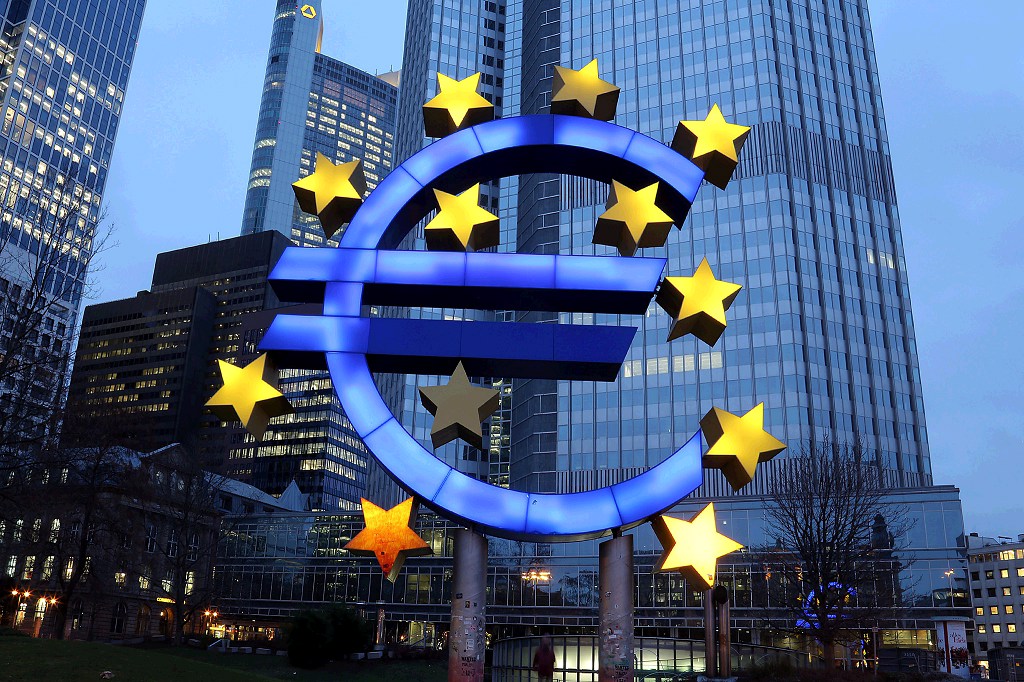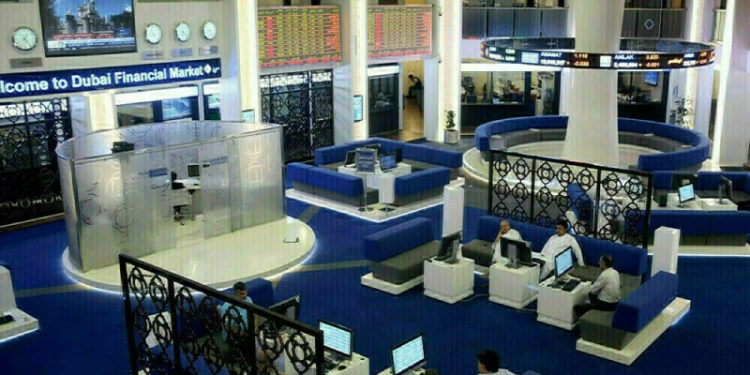
LONDON: Euro zone government bond yields rose on Tuesday as investors made room for new supply from three of the bloc’s best rated countries at relatively attractive levels.
Germany, the Netherlands and Austria are set to sell bonds via auction on Tuesday. The yield on all three countries’ debt has risen in recent weeks as the European economy motors on.
High-grade bonds tend to underperform in benign conditions as investors switch to riskier assets with better returns.
But as a result of the sell-off, those bonds are now looking attractive and some investors are likely selling outstanding holdings to make room for the new supply, analysts said.
“The broader picture is yields are still low but we still need to be excited a bit on this (upward) move in the last few weeks,” said ING strategist Martin Van Vliet.
The yield on the region’s benchmark, German 10-year debt, edged higher to 0.44 percent on Tuesday, well above the mid-December level of 0.30 percent.
The Dutch equivalent also rose, up one basis point on the day at 0.54 percent and 17 bps higher than its December low, while Austria has seen its 10-year borrowing costs increase 20 bps over the past month to 0.59 percent.
Most euro zone bond yields were flat to one basis point higher on the day.
The three countries are set to sell bonds of varying maturities on Tuesday while Germany is also set for a 10-year auction on Wednesday.
Normally, an improvement in economic conditions would cause investors to be cautious about buying government bonds as it makes an early end to the European Central Bank’s bond-buying scheme more likely.
But with inflation yet to show a sustained increase, investors would feel reasonably safe buying high-grade debt at these levels.
“To me, the current Bund yield level makes sense given economic data looks rock solid. The only thing we’re all waiting for is signs of inflationary pressure,” said Van Vliet.
This is more likely to come in the second quarter of the year onwards – and most likely only in the United States to begin with, he said.
Inflation in the euro zone slowed as expected in December to 1.4 percent, well below the ECB’s target of just under 2 percent.
Unemployment data for the bloc — which should have implications for consumer prices in the future — is due out at 1000 GMT and expectations are for a small drop to 8.7 percent.
Source: Brecorder.com




























